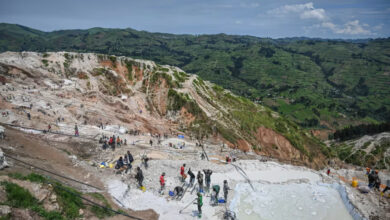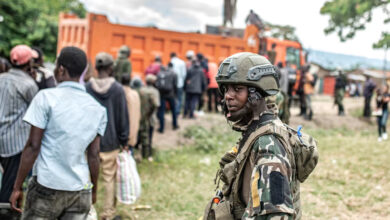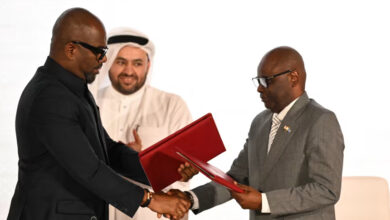Congo’s president wants talks with rebels in the country’s east concluded as soon as possible, Ugandan and Congolese statements said, although there was no sign of a breakthrough on the wording of an accord that scuppered a signing last month.
Kinshasa and Congo’s M23 rebels failed to seal the deal after squabbles over what it should be called – the insurgents were ready to sign a peace agreement but Congo wanted to call it a declaration that reflected the rebels’ military defeat.
M23 are the latest incarnation of Tutsi-led insurgents who have battled Congo’s government in eastern regions for more than two decades.
The cycle of conflict fuelled by competition over land and mineral wealth has undermined the stability of the surrounding region and Congo had regularly accused its eastern neighbors Rwanda and Uganda of backing the insurgents – a charge they both deny.
After the 11 November signing ceremony in Uganda fell through, the Democratic Republic of Congo said Uganda, which was mediating the talks, had favored the rebels.
Congolese President Joseph Kabila and Uganda’s Yoweri Museveni met on Monday in Uganda’s capital to discuss the deal.
“The two presidents agreed that the Kampala dialogue between the government of the DRC and M23 should be brought to a conclusion as soon as possible,” the Congolese statement said. The Ugandan announcement repeated the message, with minor variations in the text.
They did not say what a final deal should look like.
The statements also said a swift conclusion to the talks would “facilitate the peaceful return of M23 ex-combatants and the completion of the process of demobilization. This would further create appropriate conditions for the return of Congolese refugees living in neighboring countries.”
When the signing fell apart, Uganda said wrangling was over the title of the document rather than its content, which addressed issues such as offering an amnesty for those involved in the act of rebellion but not for war crimes.
It tackled the reintegration of rebels into the army as well as some of the root causes of the unrest, including issues surrounding the return of Tutsi refugees to Congo.
Congo’s failure to sign raised questions over its willingness to reach a political deal with a rebel force it has defeated militarily, analysts said.




